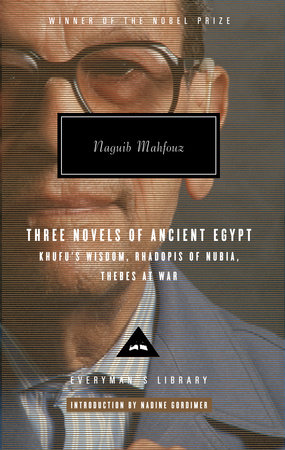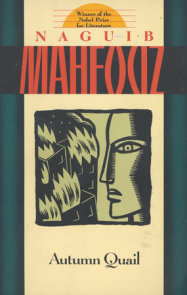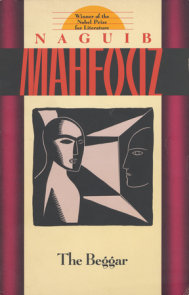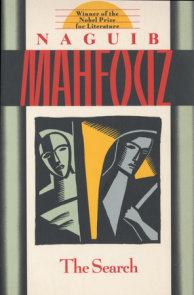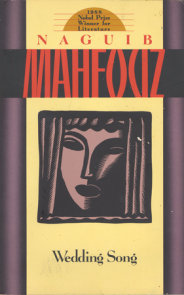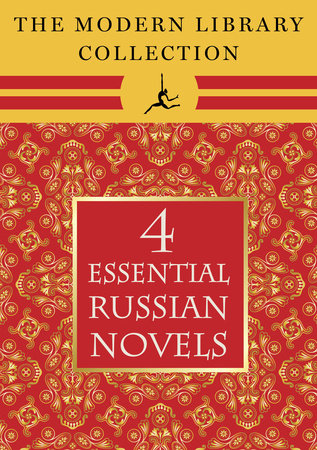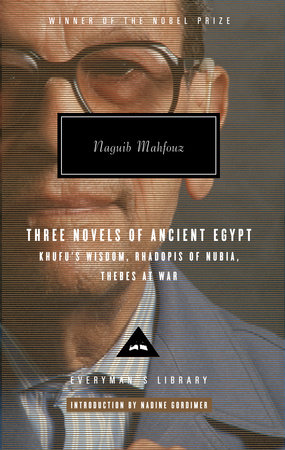

Three Novels of Ancient Egypt: Khufu's Wisdom, Rhadopis of Nubia, Thebes at War
By Naguib Mahfouz
Introduction by Nadine Gordimer
Translated by Raymond Stock, Anthony Calderbank and Humphrey Davies
By Naguib Mahfouz
Introduction by Nadine Gordimer
Translated by Raymond Stock, Anthony Calderbank and Humphrey Davies
By Naguib Mahfouz
Introduction by Nadine Gordimer
Translated by Raymond Stock, Anthony Calderbank and Humphrey Davies
By Naguib Mahfouz
Introduction by Nadine Gordimer
Translated by Raymond Stock, Anthony Calderbank and Humphrey Davies
Part of Everyman's Library Contemporary Classics Series
Part of Everyman's Library Contemporary Classics Series
Category: Literary Fiction | Classic Fiction
Category: Literary Fiction | Classic Fiction

-
$30.00
Mar 27, 2007 | ISBN 9780307266248
-
Nov 26, 2008 | ISBN 9780307491886
YOU MAY ALSO LIKE
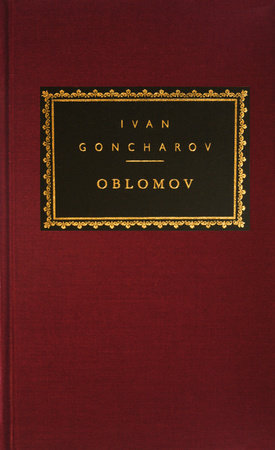
Oblomov
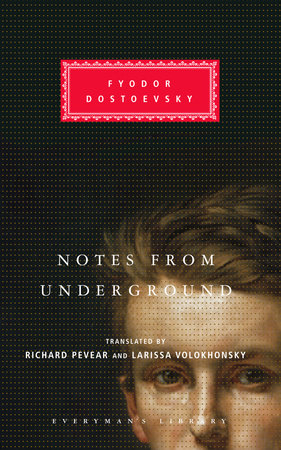
Notes from Underground
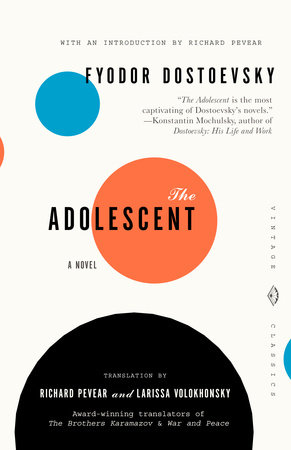
The Adolescent

The Betrothed

The Makioka Sisters
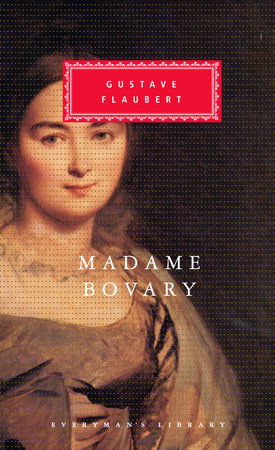
Madame Bovary
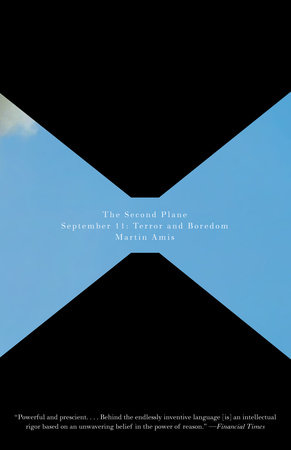
The Second Plane
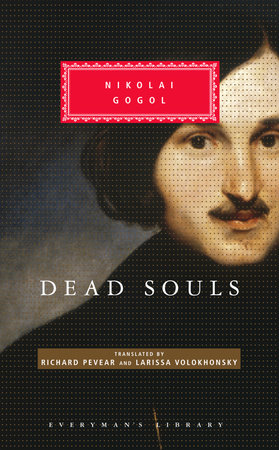
Dead Souls
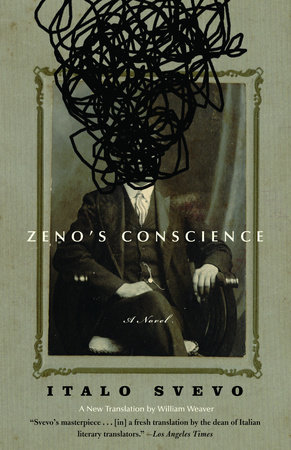
Zeno’s Conscience
Praise
“Mahfouz’s characters blaze with intensity, his Egypt pulsates with unresolved tensions.”
—THE ATLANTA CONSTITUTION
“Mahfouz’s understanding of human psychology and history is profound.”
—THE BOSTON GLOBE
“He is not only a Hugo and a Dickens, but also a Galsworthy, a Mann, a Zola, and a Jules Romains.”
—Edward Said, LONDON REVIEW OF BOOKS
“Mahfouz is the single most important writer in modern Arabic literature.”
—NEWSDAY
“A storyteller of the first order in any idiom.”
—VANITY FAIR
“Through works rich in nuance—now clear-sightedly realistic, now evocatively ambiguous—Mahfouz has formed an Arabian narrative art that applies to all mankind.”
—The Swedish Academy, upon awarding Mahfouz the Nobel Prize in Literature
21 Books You’ve Been Meaning to Read
Just for joining you’ll get personalized recommendations on your dashboard daily and features only for members.
Find Out More Join Now Sign In






